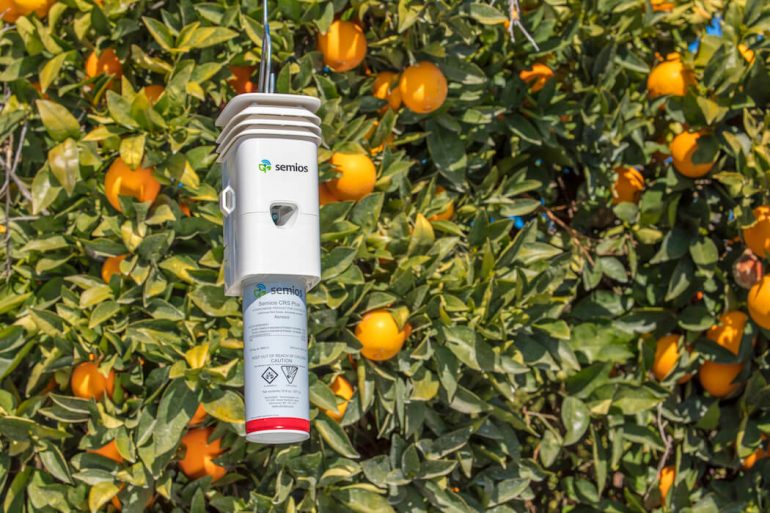Across Canada, more than four million people say regular access to healthy, affordable food is a challenge. In a recent interview for the #CIBCInnovationEconomy podcast series, Dr. Sylvain Charlebois and Dr. Michael Gilbert talked about food insecurity, and how tech is tackling the challenge on multiple fronts.
Dr. Charlebois, a professor at Dalhousie University and director of the university’s Agri-Food Analytics Lab, said that the global food supply chain is on weak footing. And whenever global issues arise – whether they’re wars, pandemics, or general instability – Dr. Charlebois said the common rallying cry is to nationalize food supply chains. On the surface, it sounds like the right thing to do: if you grow all your food domestically, you don’t have to worry about global disruptions.
While Dr. Charlebois says nationalizing Canada’s food supply chain could help food instability, carbon taxes could be a potential inhibitor. He explained that many farmers currently have no option but to use fossil fuels (for example, one of the only efficient ways to dry wheat is with propane heating), meaning that a carbon tax, while good for the environment, could be detrimental to farmers and drive up food costs.
“In agri-food, you need to be patient.”
“If you impose a carbon tax onto our farmers, they become less competitive,” said Dr. Charlebois.
To most entrepreneurs, such problems can be solved with innovation. However, Dr. Charlebois said there’s another force working against agri-innovation: time.
“In agri-food, you need to be patient,” said Dr. Charlebois. Agriculture is a high-volume, low-margin business, which is something “VCs don’t like to hear at all.”
However, there is some light at the end of the tunnel. With renewed conversations about food stability due to the COVID-19 pandemic, Dr. Charlebois said that companies like Labatt are starting to near-shore and reshore their farming operations, which “brings hope for entrepreneurs and investors.”
Dr. Gilbert is one of those hopeful entrepreneurs. He’s the CEO and founder of Semios, an AgTech company that supports farmers as they transition away from pesticide use. Right now, pesticides are one of the most common ways to kill insects and preserve the integrity of existing food supplies. However, pesticides are not only bad for the environment, but can poison the crops they are meant to protect. As a result, new environmental legislation around the world call for a reduction in pesticide use, including a 50 percent mandated reduction for farmers in the European Union.
Semios supports pesticide reduction in a novel way: using pheromones to trick insects into no longer mating.
Dr. Gilbert explained that most insect and pest damage to crops happens during the mating phase, since it’s primarily young insects that ravage crops. The logic goes that if you can stop insects from mating in your field, you can preserve the crops without pesticides. Since the pheromones used are natural substances that only impact insects, there is also no risk of poison or environmental damage to the crops.
The problem with the pheromone approach is one of specificity: you have to spray at precisely the right times (just before a mating frenzy) and you have to spray the right amount to be effective. Semios tackles this challenge with IoT sensors throughout farmers’ fields.
The sensors analyze proxy data for when mating might begin: temperature, water in the fields, humidity, and other factors that might encourage a large swath of insects to settle and mate in a field. From there, it can automatically schedule a pheromone spray for the right time, at the right volume based on the anticipated swarm, to stop insects without harming soil or crops.
When asked about whether farmers actually want high-tech products in their farms, Dr. Gilbert shut down any rumours or assumptions that farmers don’t like or understand technology.
“We find farmers are huge believers in science,” said Dr. Gilbert. “They think science can solve a lot of problems in a complex system like a farm. And technology enables science.”


